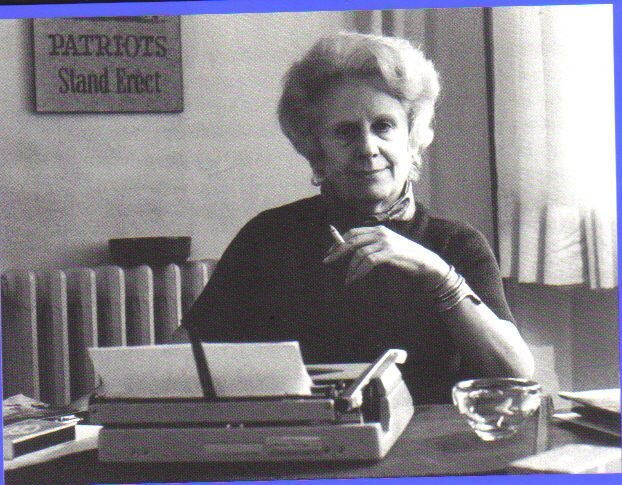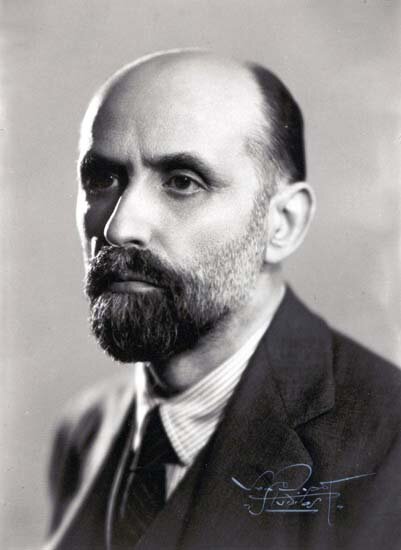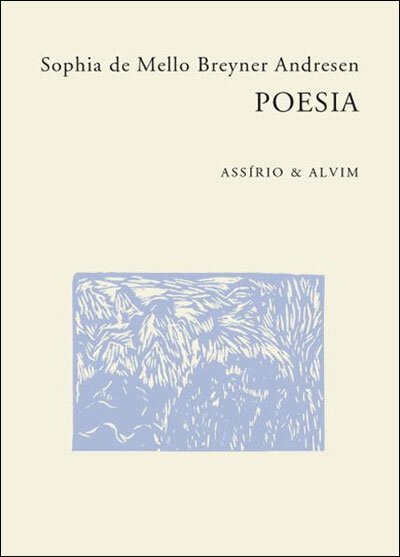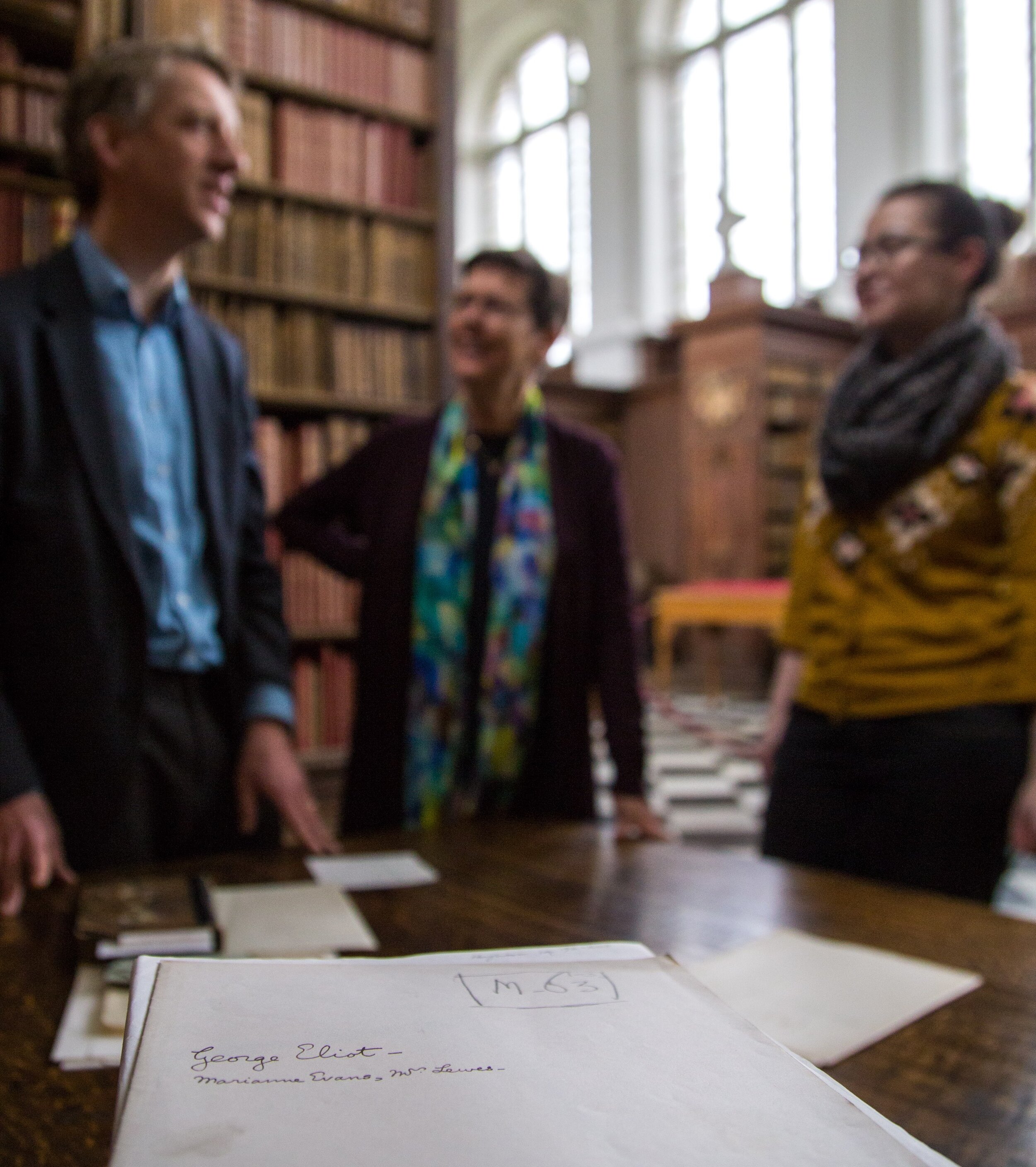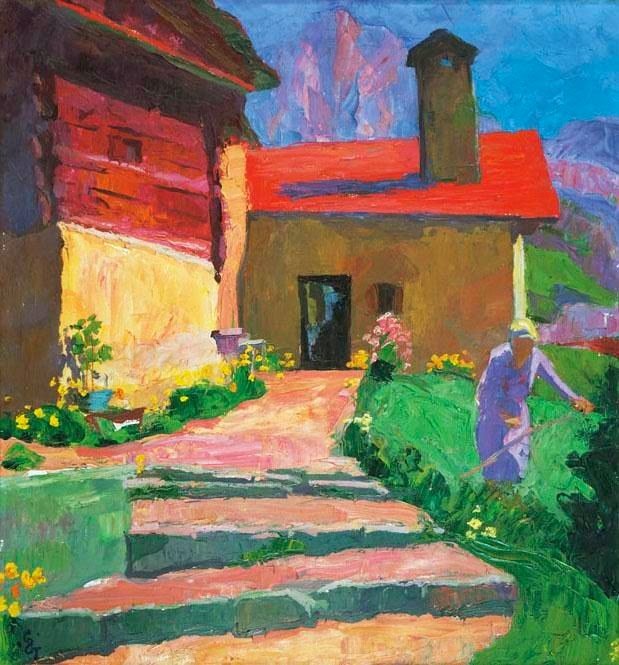
INternational poetry
We publish a selection of poets writing in different languages. Some of these are also on our Facebook page.
Mercè Rodoreda
Catalan poet, 1908-1983
Plany de Calipso (un sonet)
Jo veig la teva terra nua i roent, deserta,
Vora la mar en fúria sota un penya-segat,
El teu palau de pedra com una boca oberta
I l’erm on brunz la vespa i on fameja el ramat.
Jo soc allò que es deixa, allò que fuig i passa:
l’oreig entre les fulles, l’estel que ha desistit,
el doll que riu i plora i aquella tendra massa
dels xuclamels que aturen un instant més la nit.
T’he volgut meu per sempre, cansat de mar i onada,
segur en la meva carn, corba i mel exaltada,
estranger que t’entornes cap a la teva mort.
Ara voldria ésser lleó que juga i mata
o l’olivera immòbil en son furor retort,
però al pit m’agonitza un escorpí escarlata.
———————————
Calypso’s Lament (a sonnet)
I see you bare and burning land, deserted,
by the raging sea below a steep cliff,
your stone palace like an open mouth
and the wasteland where the wasp buzzes and the flock starves.
I am what is left, what flees and passes:
the breeze among the leaves, the star that has dimmed,
the torrent that laughs and cries and that tender mass
of honeysuckle that holds off the night a moment more.
I have wanted you mine forever, tired of sea and wave,
secure in my flesh, curve and exalted honey,
stranger returning to your own death.
Now I would like to be a lion that plays and kills
or the olive tree immobile in its twisted wrath,
but in my breast a scarlet scorpion agonises.
Translated by Nancy L. Bundy, with amendments by Montserrat Morera Perramon.
Gwendolyn Brookes
American poet, 1917-2000
kitchenette building
We are things of dry hours and the involuntary plan,
Grayed in, and gray. ‘Dream’ makes a giddy sound, not strong
Like ‘rent’, ‘feeding a wife’, ‘satisfying a man’.
But could a dream send up through onion fumes
Its white and violet, fight with fried potatoes
And yesterday’s garbage ripening in the hall,
Flutter, or sing an aria down these rooms
Even if we were willing to let it in,
Had time to warm it, keep it very clean,
Anticipate a message, let it begin?
We wonder. But not well! not for a minute!
Since Number Five is out of the bathroom now,
We think of lukewarm water, hope to get in it.
(c) Gwendolyn Brookes 1963. Published on Poetry Foundation (US) website.
Discussion of this poem, Poetry Foundation website.
Juan Ramon Jimenez
Spanish poet, 1881-1958
Nocturno
3 de febrero
¡Oh mar sin olas conocidas,
sin ‘estaciones’ de parada,
agua y luna, no más, noches y noches!
...Me acuerdo de la tierra,
que, ajena, era de uno,
al pasarla en la noche de los trenes,
por los lugares mismos y las horas
de otros años...
―¡Madre lejana,
tierra dormida,
de brazos firmes y constantes,
de igual regazo quieto,
―tumba de vida eterna
con el mismo ornamento renovado ―;
tierra madre, que siempre
aguardas en tu sola
verdad el mirar triste
de los errantes ojos!―
...Me acuerdo de la tierra
―los olivares a la madrugada―
firme frente a la luna
blanca, rosada o amarilla,
esperando retornos y retornos
de los que, sin ser suyos ni sus dueños,
la amaron y la amaron...
————————————
Night Piece
February 3rd
The sea with no waves we recognize,
with no stations on its route,
only water and moon, night after night!
My thought goes back to the land,
someone else’s land, belonging to the one
going through it on trains at night,
through the same place at the same hour
as before . . .
Remote mother,
sleeping earth,
powerful and faithful arms,
the same quiet lap for all
—tomb of eternal life
with the same decorations freshened—
earth, mother, always
true to yourself, waiting for
the sad gaze
of the wandering eyes!
My thought goes back to the land,
—the olive groves at sunrise—
outlined sharply in the white
or golden or yellow moonlight,
that look forward to the coming back
of those humans who are neither its slaves nor its masters,
but who love it anyway . . .
—
Translated by Robert Bly.
Juan Ramón Jiménez, “Night Piece” from Lorca and Jiménez: Selected Poems.
https://www.poetryfoundation.org/poems/51756/night-piece-56d22fb610990
The American Library of Congress website has a 1940s recording of Jiménez speaking and reading his poetry.
Sophia de Mello Breyner Andresen
Portuguese poet, 1919–2004
É esta a hora…
É esta a hora…
É esta a hora perfeita em que se cala
O confuso murmurar das gentes
E dentro de nós finalmente fala
A voz grave dos sonhos indolentes.
É esta a hora em que as rosas são as rosas
Que floriram nos jardins persas
Onde Saadi e Hafiz as viram e as amaram.
É esta a hora das vozes misteriosas
Que os meus desejos preferiram e chamaram.
É esta a hora das longas conversas
Das folhas com as folhas unicamente.
É esta a hora em que o tempo é abolido
E nem sequer conheço a minha face.
________________
This is the perfect hour
This is the perfect hour when a hush descends
On our muted human murmurings
And inside us finally there speaks
The grave voice of indolent dreams.
This is the hour when roses are the roses
That flowered in the Persian gardens
Where Saadi and Hafiz saw and loved them.
This is the hour of the mysterious voices
Chosen and summoned by my desires.
This is the hour of the long conversations
Held between leaf and leaf.
This is the hour when time is abolished
And I do not even know my own face.
Source: The Perfect Hour: Selected Poems by Sophia de Mello Breyner Andersen, translated by Colin Rorrison with Margaret Jull Costa (Cold Hub Press, 2015). ISBN: 978-0473316525
Valerio Magrelli,
Italian poet, born 1957
Ricevo da te questa tazza
E la crepa nella tazza apre
un sentiero alla terra dei morti
W. H. Auden
… come quando una crepa
attraversa una tazza
R. M. Rilke
Ricevo da te questa tazza
rossa per bere ai miei giorni
uno ad uno
nelle mattine pallide, le perle
della lunga collana della sete.
E se cadrà rompendosi, distrutto,
io, dalla compassione,
penserò a ripararla,
per proseguire i baci ininterrotti.
E ogni volta che il manico
o l’orlo si incrineranno
tornerò a incollarli
finché il mio amore non avrà compiuto
l’opera dura e lenta del mosaico.
Scende lungo il declivio
candido della tazza
lungo l’interno concavo
e luccicante, simile alla folgore,
la crepa,
nera, fissa,
segno di un temporale
che continua a tuonare
sopra il paesaggio sonoro,
di smalto.
(1987)
______________
This Red Cup
And the crack in the teacup opens
A lane to the land of the dead.
W. H. Auden
... as when a crack
crosses a cup.
R. M. Rilke
I have from you this red
cup with which to drink to all my days
one by one
in the pale mornings, the pearls
of the long necklace of thirst.
And if it drops and breaks, I, too,
will be shattered, but compassionately
I will repair it
to continue the kisses uninterrupted.
And each time the handle
or the rim gets cracked
I will go back to glue it
until my love will have completed
the hard, slow work of a mosaic.
*
It comes down along the white
slope of the cup
along the concave interior
and flashes, just like lightning --
the crack,
black, permanent,
the sign of a storm
still thundering
over this resonant landscape
of enamel.
Source: Poetry [magazine], Oct.-Nov. 1989;
Reprinted online by Poetry Foundation, US. https://www.poetryfoundation.org/poetrymagazine/browse
George Eliot
British novelist and poet, 1819-1880
Roses
You love the roses--so do I. I wish
The sky would rain down roses, as they rain
From off the shaken bush. Why will it not?
Then all the valley would be pink and white
And soft to tread on. They would fall as light
As feathers, smelling sweet; and it would be
Like sleeping and like waking, all at once!
———
Sweet Endings Come and Go, Love
La noche buena se viene,
La noche buena se va,
Y nosotros nos iremos
Y no volveremos mas.
~ Old Villancico.
Sweet evenings come and go, love,
They came and went of yore:
This evening of our life, love,
Shall go and come no more.
When we have passed away, love,
All things will keep their name;
But yet no life on earth, love,
With ours will be the same.
The daisies will be there, love,
The stars in heaven will shine:
I shall not feel thy wish, love,
Nor thou my hand in thine.
A better time will come, love,
And better souls be born:
I would not be the best, love,
To leave thee now forlorn.

